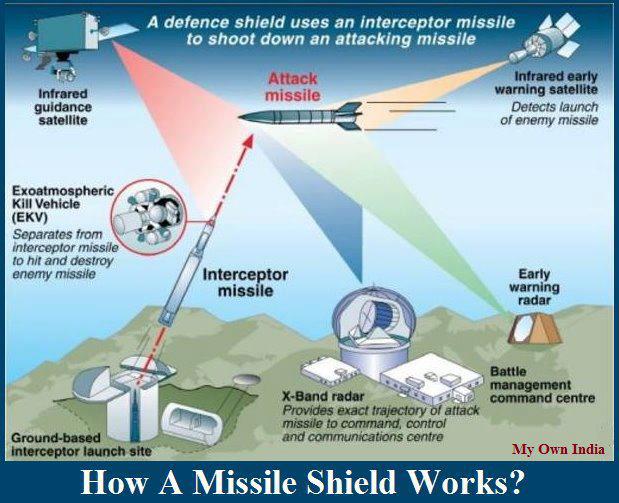Leading scientists from around the world are meeting in Britain to consider a proposal that could eventually see Greenwich Mean Time relegated to a footnote in history.
For more than 120 years GMT has been the international standard for timekeeping, but it is now under threat from a new definition of time itself based not on the rotation of the Earth, but on atomic clocks.
GMT is based on the passage of the sun over the zero meridian line at the Greenwich Observatory in southeast London, and became the world standard for time at a conference in Washington in the United States in 1884.
France had lobbied for "Paris Mean Time" at the same conference.
In 1972 it was replaced in name by Universal Coordinated Time (UTC) but that essentially remained the same as GMT.
UTC is based on about 400 atomic clocks at laboratories around the world but then corrected with "leap seconds" to align itself with the Earth's rotational speed, which fluctates.
But the tiny variations between Earth speed and atomic speed have become a problem for GPS, the global positioning systems and mobile phone networks on which the modern world relies.
That would see atomic time slowly diverge from GMT, by about one minute every 60 to 90 years, or by an hour every 600 years, and there would need to be "leap minutes" a couple of times a century to bring the two in line.
For Daily GK Updates Like Facebook










::::Your Comments are Valuable for Us-Post your queries below::::.